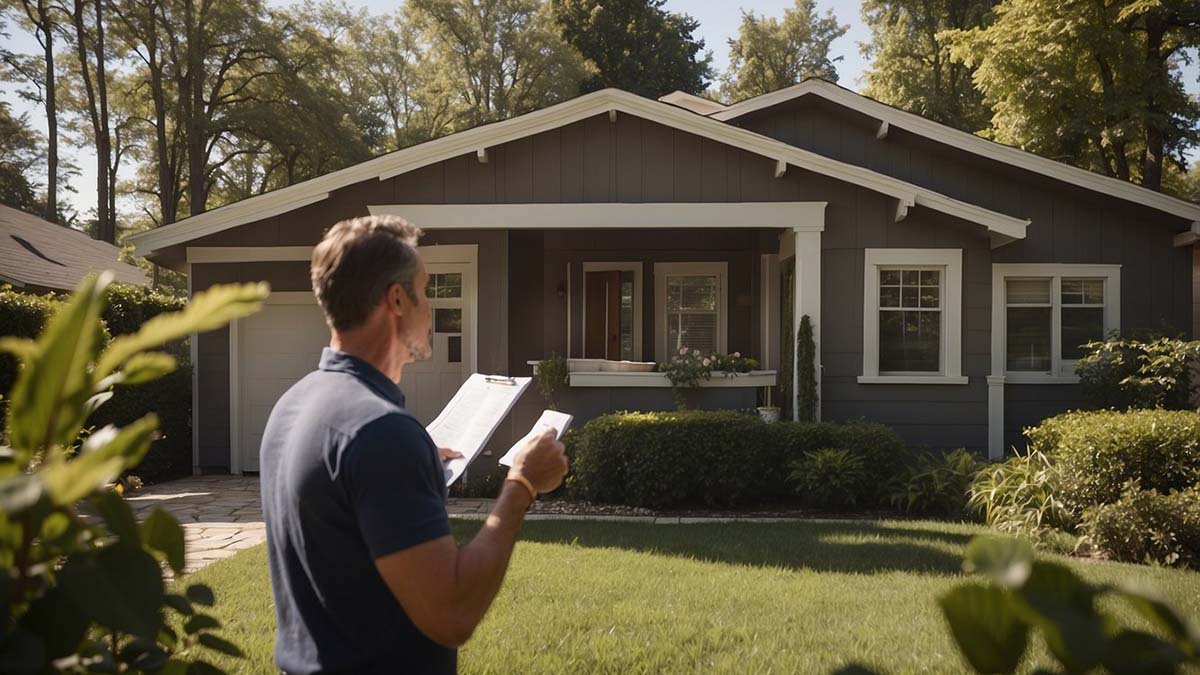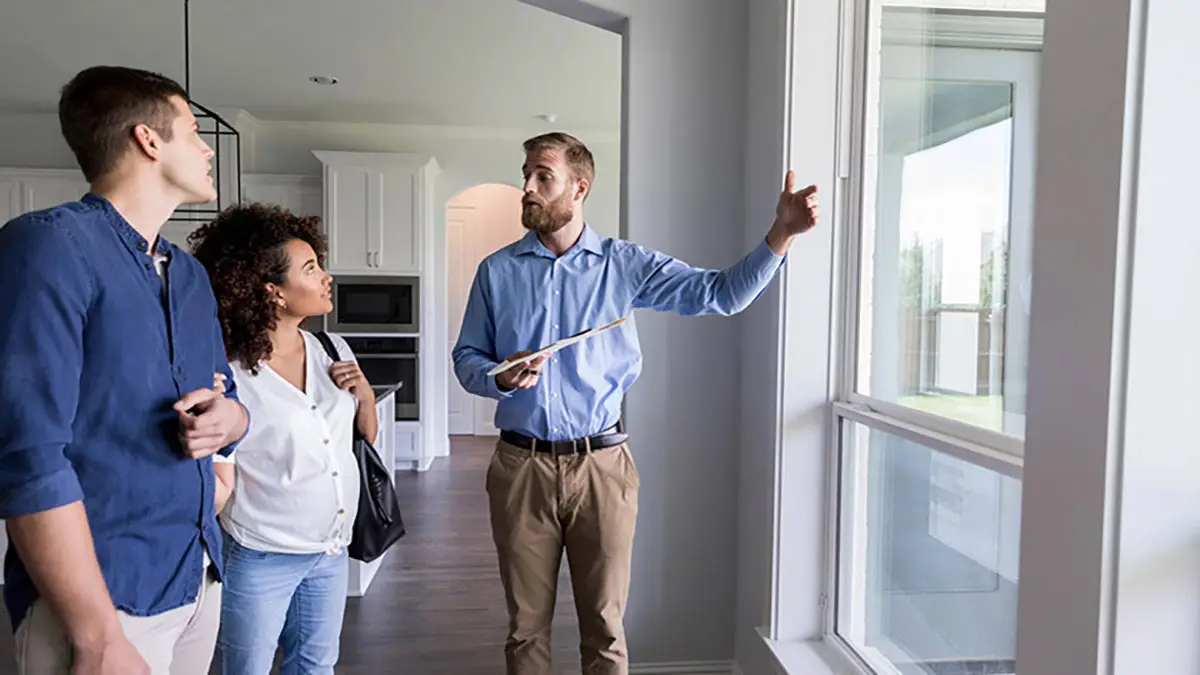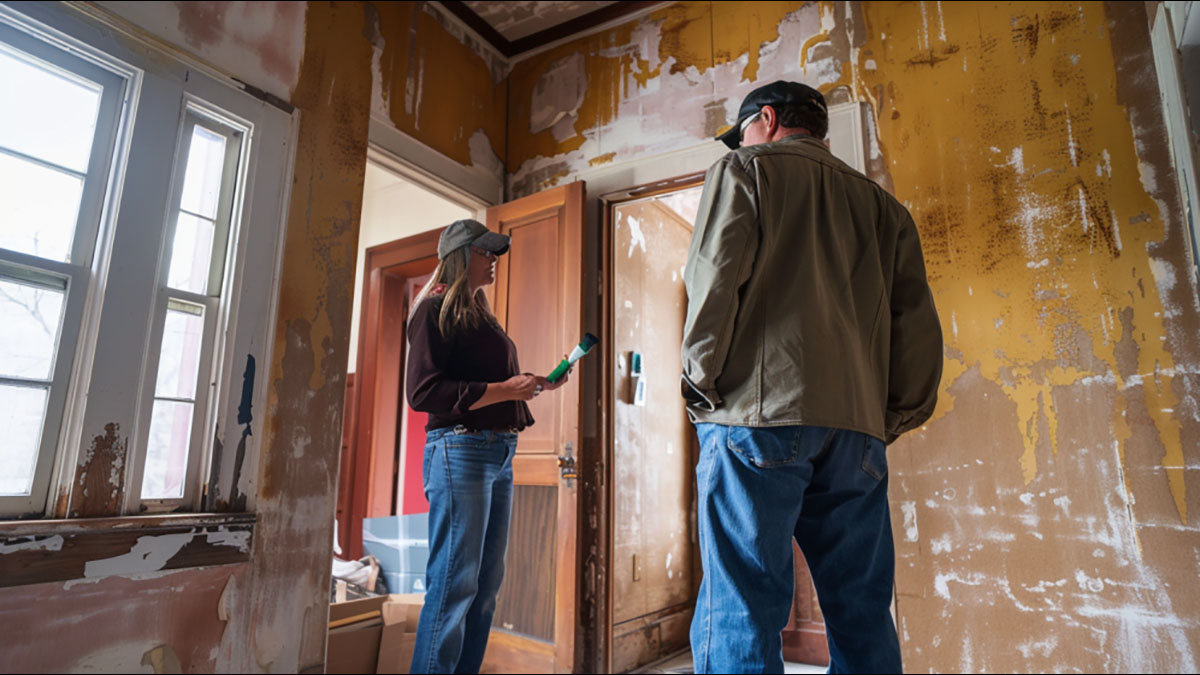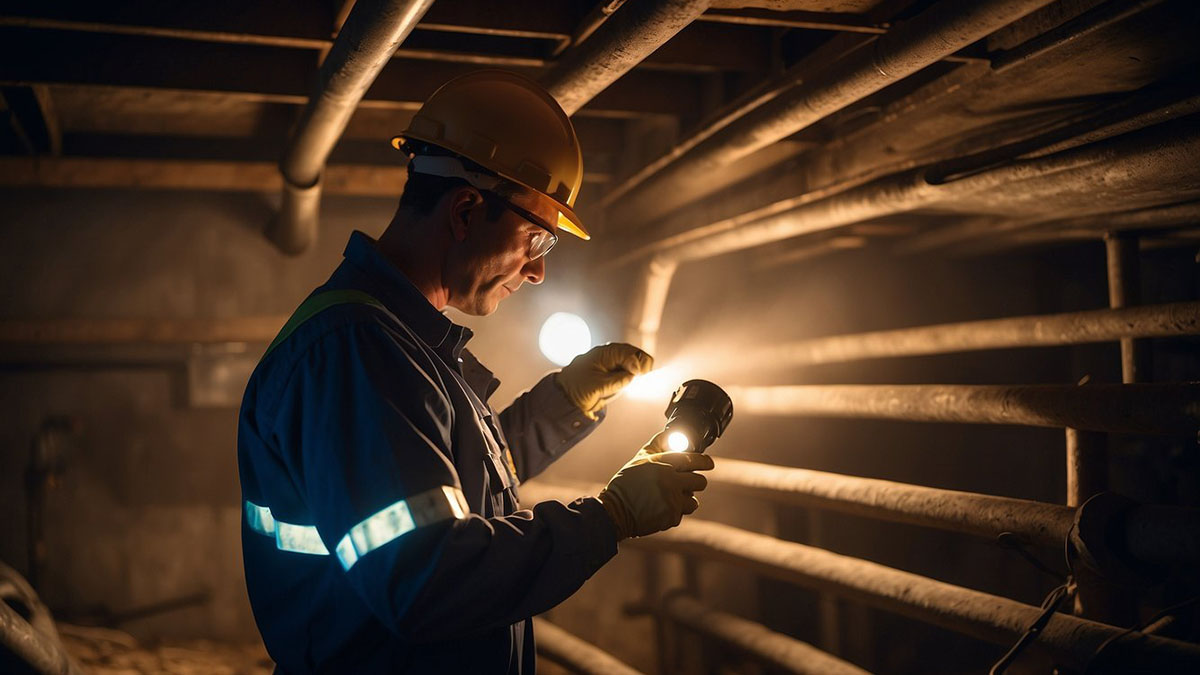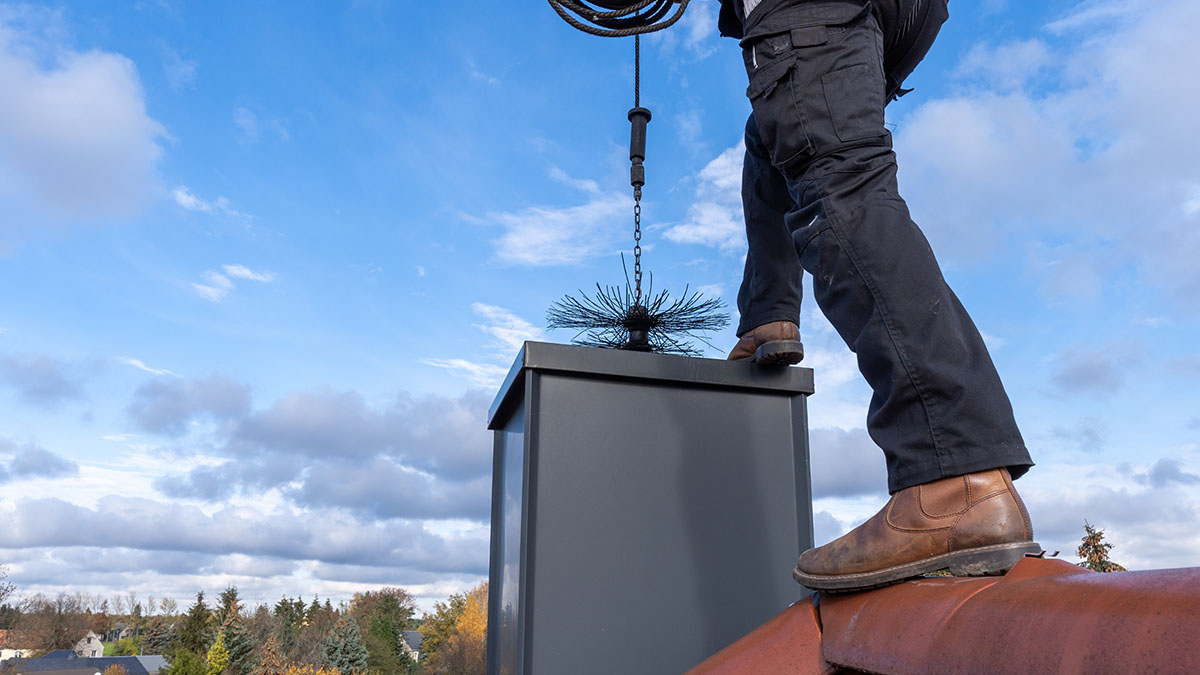When buying or selling a home, you’ll need a home inspection. How much does a home inspection cost in Georgia?
The home inspection cost in Georgia ranges from $333 to $451, with an average cost of $392 for a 1,500 SF (square feet) single-family home, depending on the house size and additional services required. Home inspection costs can vary widely, primarily based on local market conditions.
According to the American Society of Home Inspectors (ASHI), nearly 84% of all home buyers will hire a home inspector for their home purchase.
In general, larger cities like the Atlanta Metro area, Columbus, and Savannah tend to have higher home inspection costs due to the greater demand for inspectors and the higher cost of living.
The cost of living in Atlanta, GA, is 5% higher than the state average. In Columbus, the cost of living is 12% lower than the national average. Savannah, GA, has a cost of living percentage 10% lower than the national average.
Home inspection costs will vary depending on the area’s population, cost of living, and the demand for home inspections. The higher the population, the higher the inspection cost will be.
For example, Atlanta’s average home inspection cost is around $400 to $600. Savannah’s average cost may be slightly lower, averaging around $300 to $450. In Columbus, the average cost of a home inspection is around $350 to $500.
The home inspection cost in Georgia for larger homes can range from $450 to $765 or more. A home with a crawl space can add $50 to $150 more than a house with a concrete slab.
It is important to note that market conditions can also impact the home inspection cost in Georgia, as higher demand for inspectors can lead to higher prices. Additionally, the size and age of the home, as well as its location and other factors, can also impact the cost of a home inspection in Georgia.
Researching and comparing prices from multiple inspectors before selecting one for your home inspection is important to ensure a fair price.
| Home Size in Square Feet | Inspection Cost | Average Cost |
|---|---|---|
| 1500 SF | $333 to $451 | $392 |
| 2000 SF | $380 to $523 | $452 |
| 2500 SF | $428 to $594 | $511 |
| 3000 SF | $475 to $665 | $570 |
| 4000 SF | $570 to $808 | $689 |
Average Home Inspection Cost in Georgia
Our home inspection cost calculator can help you determine the estimated average home inspection cost per square foot based on the services you need and your state.
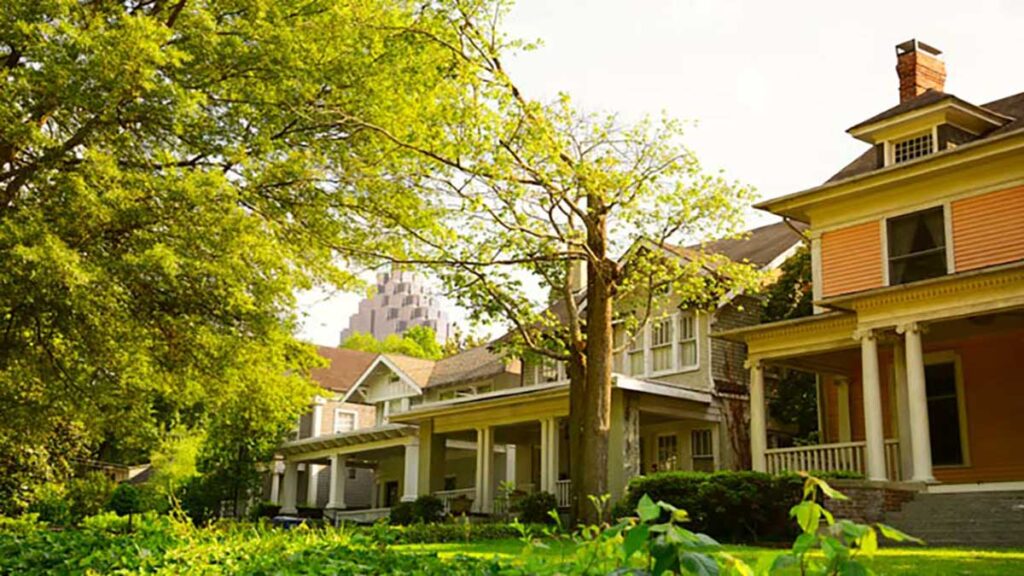
Do You Need Specialty Inspections?
The home inspection cost in Georgia does not include specialized or specialty inspections such as radon testing, mold testing, swimming pools, termite inspections, drone inspections, infrared scanning, etc.
Other factors affecting the home inspection cost in Georgia include detached structures, pools, well systems, or septic systems. Other services, such as radon or mold testing, also affect the home inspection fee.
Here is a list of ancillary services and costs:
| Specialized or Specialty Inspections | Inspection Cost |
|---|---|
| Radon testing | $100 to $350 |
| Well water testing | $200 to $450 |
| Mold testing | $300 to $800 |
| Lead paint testing | $125 to $350 |
| Drone roof inspection | $100 to $250 |
| Infrared scanning | $100 to $250 |
| Pool inspection | $100 to $250 |
| Septic dye testing | $100 to $350 |
| Sewer scope | $300 to $800 |
| Termite inspection | $150 to $350 |
If any of these are requested, the extra cost will be added to the home inspection cost in Georgia. Additionally, certain areas require one or more of these specialized inspections, which raises your home inspection cost.
Radon kills more than 800 people annually in Georgia. According to the University of Georgia website, it is the second leading cause of lung cancer in the United States after tobacco smoke.
The entire state is subject to radon gas exposure, with the highest concentration in the Atlanta metro area, including Cobb, Fulton, Dekalb, and Gwinnett counties. However, all homes throughout middle and northern Georgia should be tested according to the Georgia EPA Map of Radon Zones.
While rare in most markets, some inspectors base their inspection fees on a percentage of the purchase price.
Many home inspection companies offer discounts for:
- military and civil service personnel
- first-time home buyer
- additional inspections for multiple properties
- ancillary services purchased at the time of inspection
Beware of home inspectors offering cheap home inspections. Most of these are scams or provide a minimal home inspection that often doesn’t meet the NACHI Standards of Practice.
What is a Home Inspection?
Real estate agents usually write a purchase agreement with a home inspection contingency clause, giving the home buyer 10 to 14 days to complete the inspection process.
A home inspection is a non-invasive visual evaluation of the condition of a residential home. A professional home inspector will inspect the interior and exterior of the house, including the roof, foundation, structure, electrical, plumbing, and HVAC systems, to identify any existing problems that may need to be addressed.
The purpose of a home inspection is to provide buyers with complete information about the condition of the property they are considering buying so they can make an informed decision and gain peace of mind.
During a home inspection, a trained and qualified home inspector will evaluate the home’s major systems, including the heating and cooling systems, plumbing, electrical, and structural elements such as the roof and foundation. The inspection will typically take 2 to 3 hours, and the inspector will provide a detailed report of any issues or areas of concern they discover.
Is a Home Inspection Worth It?
You may also be debating whether a home inspection is a good idea. The home inspection cost is worth it and provides in-depth information on its overall condition and safety concerns. A home inspection identifies what needs repair or improvement.
A home inspection is an important step in the home-buying process, as it can help buyers identify potential problems with the property before they commit to purchasing it.
The home inspection cost in Georgia is worth it because it can identify potential issues with a home before you purchase it. From my nearly 20 years of experience as a licensed home inspector, a home inspection often discloses about $5,000 or more in necessary repairs or improvements.
A home inspector can give you peace of mind knowing that the house you’re interested in purchasing has been thoroughly inspected and any significant issues have been identified. This can help ensure that there are no surprises down the road and that what you see is what you get when it comes to your new home.
With a detailed home inspection report from a certified home inspector, you can make an informed decision about whether or not to proceed with the purchase.
What a Home Inspector Looks For?
A good home inspector will examine the property from top to bottom and objectively report its condition. But what exactly are they looking for?
Roof Condition
The roof is one of the most important components of any building, so it’s no surprise that it is at the top of any good home inspection checklist. The typical shingle roof can last 15 to 30 years, depending on the shingle thickness and quality. Signs of wear and tear, such as missing shingles or water damage, and potential structural issues could lead to more expensive repairs.
Your homeowner’s insurance may require a roof certification if the roof coverings are over 20 years old to issue you a new home insurance policy.
Foundation & Structure
The foundation and structure are key elements of any residence and should be inspected for signs of cracking or shifting. If there are any foundation issues, it’s important to know about them before making a purchase decision, as they can be difficult and expensive to repair.
Electrical and Plumbing Systems
The plumbing system is essential for carrying away waste and preventing flooding in your home. Home inspectors will test all faucets and fixtures, check for leaks in pipes, examine drainage systems, and note whether water heaters are functioning properly or need replacing.
The electrical system should be examined thoroughly during the home inspection to ensure it functions properly and safely. Electrical defects like frayed wires, improper grounding, or other malfunctions could cause a fire or electrical shock hazard.
The safety features like ground fault circuit interrupters, smoke detectors, or carbon monoxide detectors are also inspected during this process.
Mechanical Systems
The house’s mechanical systems, including water heaters and HVAC systems, only last 10 to 15 years. The inspector will ensure that all of these items are in proper working order and functioning as they should be.
Reporting on Water Damage
The inspector will likely note these issues in their report if there are any visible signs of water damage or mold growth due to leakage or dampness within the home. Water damage can occur due to improper ventilation, poor drainage, or leaky pipes.
Other Safety Issues
Home inspectors look for a variety of potential safety issues when inspecting a house, such as:
- Proper railings on steps and stairways
- Working smoke alarms and carbon monoxide detectors
- Tripping hazards like loose steps or uneven pavement
- Fireplaces, chimneys, and flues for blocked or damaged ducts
- Properly functioning doors and windows for emergency egress
Are Georgia Home Inspectors State Licensed?
No, Georgia home inspectors are not state licensed. NACHI and ASHI offer certification programs to equip reputable home inspectors with the knowledge and skills to perform accurate inspections. The home inspector courses cover building systems, safety protocols, legal requirements, and communication techniques.
Upon completing the home inspector training program, graduates will receive a certificate and be qualified to provide quality services for their clients.
How to Choose a Home Inspector?
Choosing a professional home inspector is not always straightforward. A home inspector can help you find problems with your property. Before scheduling a home inspection, you should check for these qualifications.
- Look for professional certifications: Look for a home inspector who is a member of a professional organization such as the American Society of Home Inspectors (ASHI) or the National Association of Certified Home Inspectors (NACHI). These organizations have strict standards and codes of ethics that their members must follow.
- Check for experience: Look for a home inspector with expertise in the type of home you are buying. If you are buying an older home, you may want to look for an inspector with experience in historic homes. Similarly, if you are buying new construction, you may want to look for an inspector with experience in new homes.
- Review sample reports: Ask the home inspector for a sample report so that you can see what kind of information they will provide. Look for a report that is thorough and easy to understand.
- Consider the cost: The home inspection cost in Georgia varies widely, so shopping around and comparing prices is important. However, don’t choose an inspector solely based on cost. Choosing an experienced, licensed, and certified inspector who will provide a thorough and accurate inspection is more important.
See the HUD website for a list of questions for a home inspector.
Should Sellers Get a Home Inspection?
Sellers should get a pre-listing home inspection before listing their house for sale. A pre-listing inspection can provide an unbiased assessment of the property’s condition and reveal any hidden issues that may need to be addressed before putting the house on the market.
Knowing about potential problems in advance will enable them to address and repair any major issues on the seller’s terms and prevent renegotiating terms after a buyer’s home inspection.
A seller home inspection checklist can help you get the most from your sale and prepare you for home inspection day.
Home Inspection Cost in Georgia FAQs
You may have additional questions about the home inspection cost in Georgia. Here are some additional frequently asked questions.
What do home inspectors look for in Georgia?
A home inspection in Georgia typically includes a visual inspection of the home’s major systems, including the HVAC, plumbing, and electrical systems, as well as the roof, foundation, and other structural elements. The inspector will also look for evidence of water damage, mold, and wood-destroying pest activity. Lastly, they’ll check for safety features like GFCI protection, smoke detectors, or carbon monoxide alarms.
Are home inspections required in Georgia?
No, home inspections are not required in Georgia. However, it is highly recommended that buyers get an independent home inspection to ensure that the property they are purchasing is safe and in good condition.
Who pays for a home inspection in Georgia?
Typically, the buyer pays for a home inspection. However, in some cases, the seller may offer to cover the cost of an inspection as part of a home sale negotiation. The terms of a home inspection cost agreement should be discussed between the buyer and seller before an inspector is hired. For more, see Who Pays for the Home Inspection?
Who attends a home inspection in Georgia?
In Georgia, typically, the homebuyer or their real estate agent. The seller and/or tenant may attend if the house is occupied.


